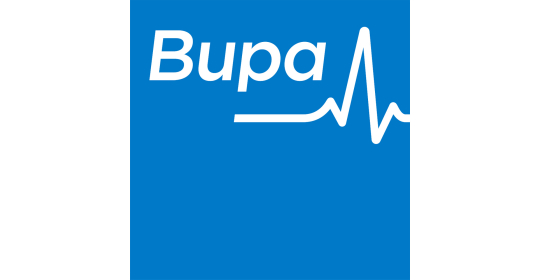When hiring, finding the right candidate for the role can be very time-consuming. Hiring managers can spend a lot of time interviewing applicants who may not meet the job specification requirements. But time is money – and would you really want to waste it on unsuitable candidates? To speed up your recruitment process in order to shortlist relevant candidate applications, you need to take advantage of telephone screening interviews.

What are telephone screening interviews
Phone screening interviews are the long-standing tool of choice for first-round interviews and are slowly setting a trend again in the recruitment process. A screening interview is a phone call by a recruiter to evaluate a job candidate’s qualifications. In essence a telephone interview is a brief call, typically lasting no more than 30 minutes which can save you not only time but also trouble involved with meeting candidates in person who aren’t probably right for your role.
It’s typically the first interview in the hiring process and has nothing to do with making a decision about who you’re going to hire. The goal of a telephone screening interview is to identify those candidates who, you’re certain, won’t make the final cut. Most importantly, it’ll ensure that you’ll only grant a face-to-face interview to the best candidates who are most likely to be hired eventually.

The benefits of phone screening interviews in recruitment
Cost-effective and time-saving – The hiring process is a costly, time-consuming endeavour, not just in on-boarding the new employee but also in the budget spent in order to find the right person. Therefore, anything that may speed up that process is advantageous, and that’s where telephone interviews come into the scene!
Speeding up the hiring process – The answers to key phone interview questions can allow you to narrow your list down and quickly identify the most suitable candidates. A phone call can most of the times reveal if the applicant is actually intelligent and competent enough to bring him in for a face to face interview.
Filling in the gaps – An applicant’s answers to phone interview questions can tell you a lot about whether they have the right mix of skills and experience for your open vacancy. Plus, a relatively casual phone call could give you a better idea of their interpersonal skills than what a formal interview would.
Offering ease in discussing non-negotiable job details – Job aspects like salary, schedule, location and availability are all crucial to determining the suitability of a candidate. By having an initial conversation to find out about salary expectations, the work schedule or any other potentially non-negotiable details, it will definitely save you time and determine which applicants are the best fit.
Phone interview preparation tips
A phone screen interview might be easier to conduct in terms of time and space but it’s also easy to get it wrong. With no body language to read, hiring managers should be paying attention to verbal cues. Hence preparation is key:
Read the candidate’s CV – Applicants can tell if you haven’t read their CV’s and they certainly won’t like it. Knowing the candidate’s background is the only way to verify their information or ask about any gaps in their CV’s.

Clear your mind of bias – The purpose of the screen interview is to determine whether a candidate will go through to a face-to-face interview. Bias can diminish its effectiveness. For instance, if you already like an applicant’s CV and have decided to bring them in for an interview, the call is obsolete. Conversely, if you don’t like this candidate because of their cover letter, you’re likely to deny them the opportunity anyway. So, try to be as objective as possible to avoid the risk of making a bad decision.
Be ready to discuss – The call isn’t only about candidates answering your phone screening questions. It is a great chance to clarify details about the position and the hiring process. Make sure that, by the end of the call, candidates understand fully what the role is about as well as what the next steps of the hiring process are.
Finally, remember that telephone screening interviews may be more suitable for certain roles and industries than others. For instance, If you’re hiring for a phone-based role, then a phone screening interview has to be your first step in the interview process. This will reveal the candidate’s skills on tasks, they’d perform if they get the job. For more hiring advice and recruitment tips, visit our Zoek InfoHub!






